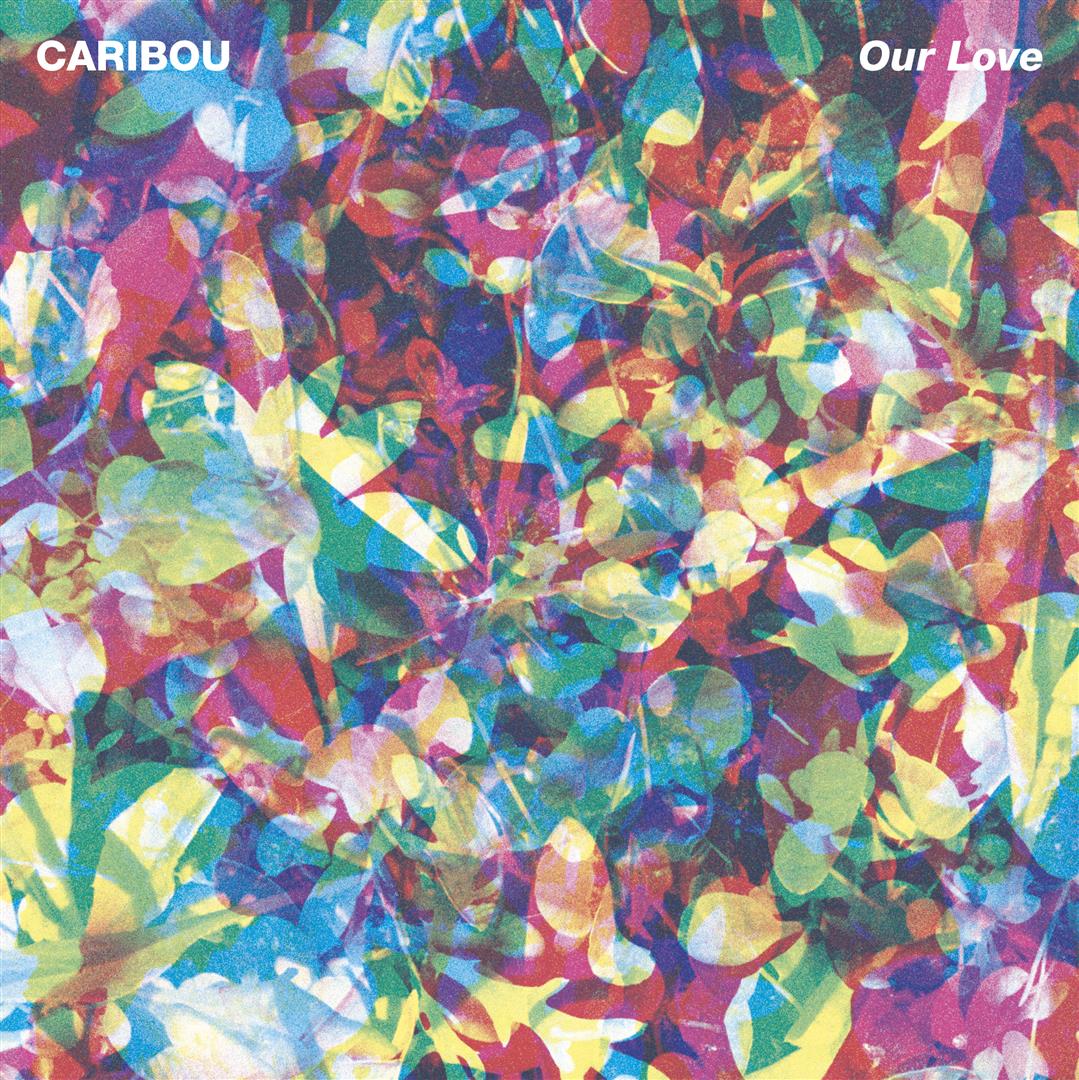Caribou: Our Love
 Thirsty for JUICE content? Quench your cravings on our Instagram, TikTok and WhatsApp
Thirsty for JUICE content? Quench your cravings on our Instagram, TikTok and WhatsApp

Text Faizal Nafis
AGAIN AND AGAIN
This music review business is not exact science, it’s pretty much guesswork based on a range of illusory factors. You can try and understand the style of the music, or question whether there’s real substance in its sound, or examine its technical accomplishments and so on, but mainly you are asking yourself how this particular piece of music makes you feel at a given moment, and with that comes the question of expectation. With Dan Snaith’s seventh album – the fourth one as Caribou, the other three being as Manitoba and Daphni – the expectation is undoubtedly high. To give you some perspective, out of the six albums Snaith released prior to Our Love, four has been accorded the meritable ‘Best New Music’ status by Pitchfork Media, that’s kind of a Radiohead run, and add to that mix his recent highly regarded off-kilter dancefloor-oriented output under his Daphni alias. But at the very least the methodology to a music review is straightforward enough, you just listen to the music over and over again and hopefully you’d get a picture of where the music or the artiste stands.
On the first listen, it was obvious that Snaith has decided to release an out-and-out dance record, one which is polished, well-produced, and all around solid. Nothing new here since his last album Swim was also considered a dance record by many, but it wasn’t the usual dance album. Snaith himself described Swim as an ‘accidental’ dance record, his intent was to make dance music using psychedelia and elements outside of the genre, combining textures that were not supposed to be together – an album that sounded modern and primal at the same time, it was almost at odds with itself and the result was majestic. Meanwhile, Our Love is clearly an intentional dance record, a calculated move by a PhD holder in mathematics to create an album that should be more accessible to today’s pseudo deep house generation. The music critic in you could also argue that Our Love is the logical progression to take, crafting a middle point between his work as Caribou and his work as Daphni. You opined that it just felt too clinical, too precise, and more worryingly too conventional. Some parts were like a middling electronic pop release on a Kompakt catalogue, especially when the soaring chords kicked in. There was also a generous use of clichéd sweeps that made the album sound a little bit too predictable. Well, that was what we thought at the beginning too.
On the second listen however, we were listening to something slightly different, perceptions changed, and the album’s first two singles ‘Can’t Do Without You’ and ‘Our Love’ were no longer the highlights of the album. There was a realisation that we’ve made the mistake of not moving on from Caribou’s earlier albums; the setting was no longer the forest-wandering Manitoba folktronica albums, or the layered oceanic dreams of Andorra, or the internal existential conflict of Swim. Instead imagine a backdrop of glass buildings with people going in and out of clubs, imagine a thoroughly urban scenery fuelled by endless future r‘n’b, and in place of looseness and fragility of the past was propulsive garage-y percussion elements that gave the song ‘Mars’ the perception of forward movement. There’s no tipping of the hat to an obscure 1973 hit from tiny Togo, nor was there homage to Nigeria’s William Onyeabor, and certainly no jazzrock sampling this time around. There was no looking outwards or to look beyond, but contently staying inside, within the walls of the city. At this point we are going to admit that this could actually be a ‘great’ dance record – one that we would happily recommend to friends who are getting into electronic music, or are looking for something more than Disclosure. Suddenly there was an appreciation of the choppy synth-heavy ‘Julia Brightly’, enough that we were of the opinion that this song was the best of the lot (if only it had been longer).
Then on the third listen, we sensed depths and nuances inaudible during the previous listens; this album is definitely a grower. This round the pick was ‘Silver’, a song co-written with fellow Canadian Owen Pallett. In fact, if we had to choose one song from the album, this song would be it. In a way, it’s a song that most closely resembles the soundscape on predecessor Swim, On top of Caribou’s honest and enigmatic well-used vocal are traces of dark melancholic undertones, only this isn’t exactly Swim, this is something more present day and in-the-now. But we already knew that after the first listen, and came to appreciate that fact on the second listen.
Maybe we should listen to Our Love again, and again and again…
LISTEN TO: ‘Silver’
IF YOU LIKE THIS YOU’LL DIG: Dan Snaith’s other projects
RATING: 4
TRACKLIST
1. Can’t Do Without You
2. Silver
3. All I Ever Need
4. Our Love
5. Dive
6. Second Chance
7. Julia Brightly
8. Mars
9. Back Home
10. Your Love Will Set You Free


 Get Audio+
Get Audio+ Hot FM
Hot FM Kool 101
Kool 101 Eight FM
Eight FM Fly FM
Fly FM Molek FM
Molek FM